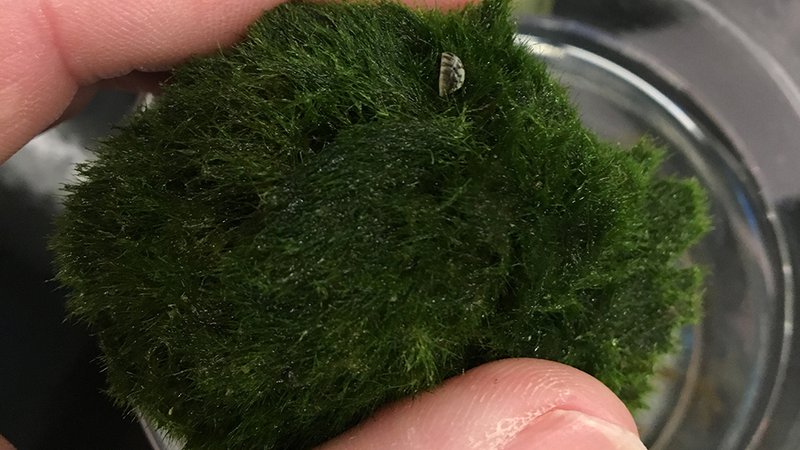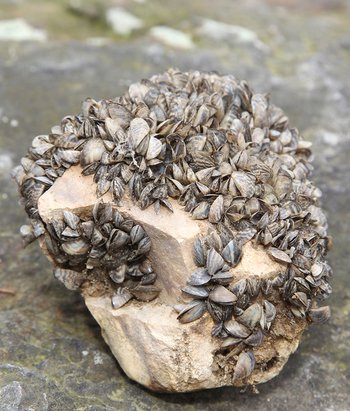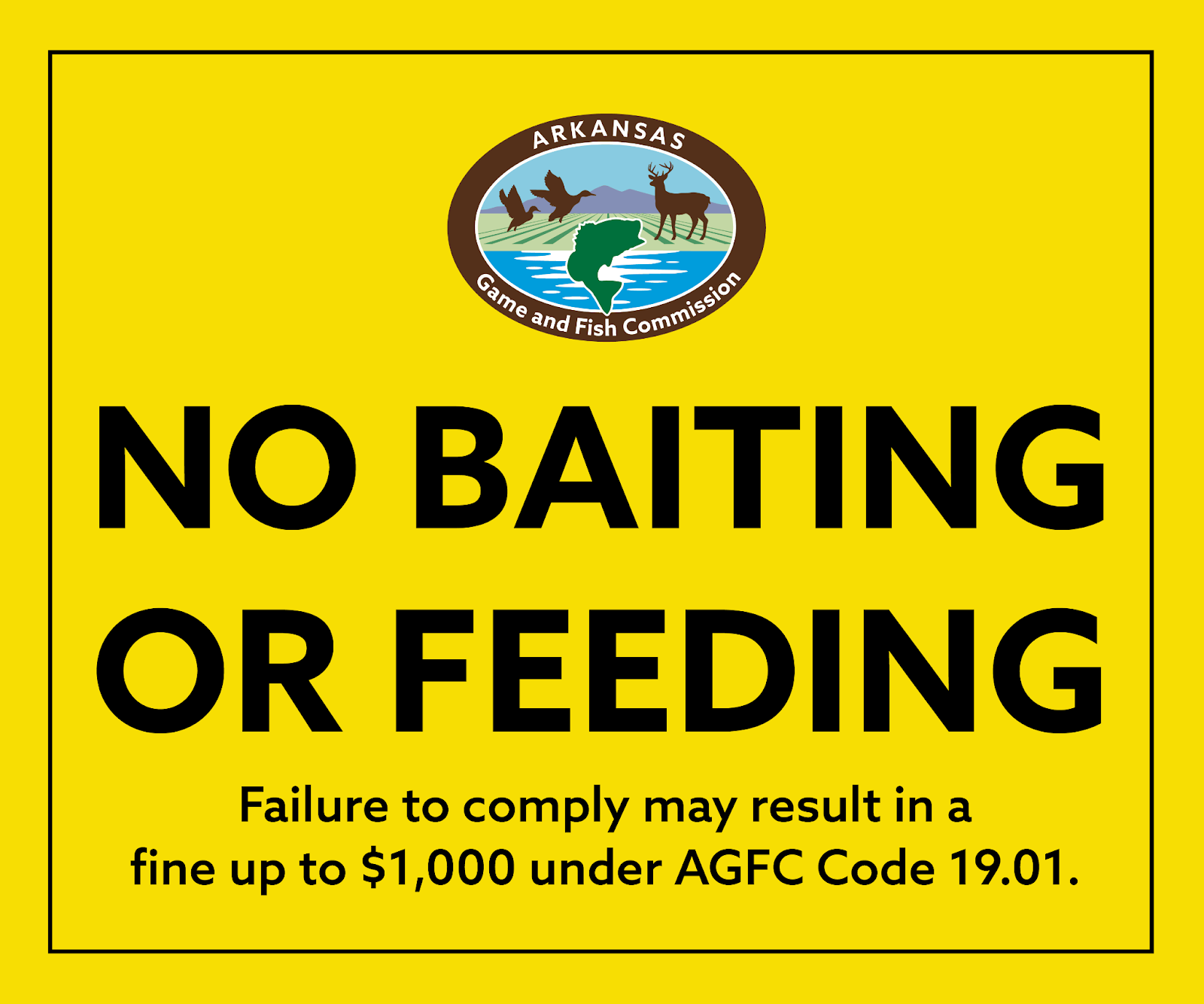Invasive zebra mussels confirmed in Arkansas aquarium/pet stores
ON 03-05-2021

March 5, 2021
Randy Zellers
Assistant Chief of Communications
LITTLE ROCK — The Arkansas Game and Fish Commission has confirmed that some aquarium and pet stores in The Natural State have been offering for sale an aquarium product that may contain zebra mussels, a highly invasive species that can cause severe damage to the food chain and infrastructure in native lakes and rivers.
The product, called a marimo ball or moss ball, is a type of algae used in aquariums that helps absorb ammonia and other waste from aquarium fish and provide oxygen while preventing the growth of other algae. It is shipped from a company in California which imports the plant from Ukraine, where zebra mussels are native. The mussels were first detected in Seattle by a pet store employee who notified the authorities.

Upon hearing about the problem, AGFC staff investigated some pet stores around Arkansas and found the product being sold. Further investigation of those moss balls confirmed zebra mussels in them as well.
“Some pet stores have already voluntarily pulled the product once they were informed of the issue, and we urge any others to follow suit,” said Bill Posey, AGFC assistant chief of fisheries. “The company that produces the product has closed any further importation of the infected moss.”
Posey asks anyone who purchased any moss for their aquariums or purchased fish with the moss included in the bag to discard the vegetation properly.
“The best thing to do is lay it somewhere where it can dry out, then dispose of it in a trash can,” Posey said. “Please do not discard it anywhere near water or flush it down a toilet.”
Aquariums that may have contained the zebra mussels can be drained and disinfected with a household bleach solution at 1 cup of bleach per gallon of water. Filters, pumps and gravel should be treated with the bleach solution or allowed to dry completely for at least seven days to reduce the threat of zebra mussels contaminating the aquarium.
“We don’t want to alarm anyone, but we do need everyone’s help to make sure these mussels don’t further infect waters in Arkansas,” Posey said.

Zebra mussels have a hatchet-shaped shell, commonly the size of a fingernail. They multiply so rapidly and cling tightly together in such masses that they can clog intake pipes of water supply systems and power generating plants as well as cooling lines of boat motors. They also pose a threat to native Arkansas mussels, often growing on the shells of those mussels and smothering them. Zebra mussels filter plankton from the water that native species depend upon, reducing nutrients available to sport fish. Each female zebra mussel can spawn up to 50,000 microscopic eggs which can mature quickly, creating clusters of mussels as dense as 40,000 per square foot.
The U.S. Fish and Wildlife Service has established a web page for more information about the zebra mussels found in the aquarium trade. It further explains procedures to decontaminate and dispose of materials that may have been infected. Visit www.fws.gov/fisheries/ANS/zebra-mussel-disposal.html to learn more.
Visit www.stopaquatichitchhikers.org for more information on invasive species and how you can help prevent their spread in Arkansas’s waters.
Recent News

Baiting wildlife illegal on Lake Conway
Nov. 22, 2024
Subscribe to Our Weekly Newsletter E-mails
Don’t miss another issue. Sign up now to receive the AGFC Wildlife Weekly Newsletter in your mailbox every Wednesday afternoon (Waterfowl Reports are published weekly during waterfowl season and periodically outside the season). Fishing Reports arrive on Thursdays. Fill in the following fields and hit submit. Thanks, and welcome!

